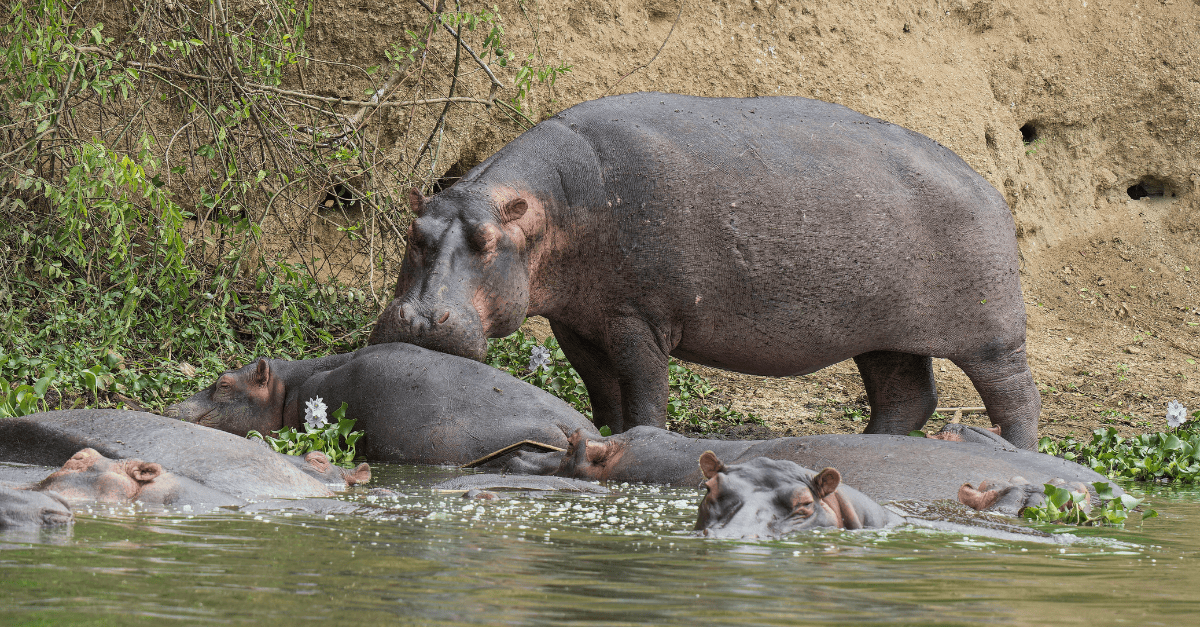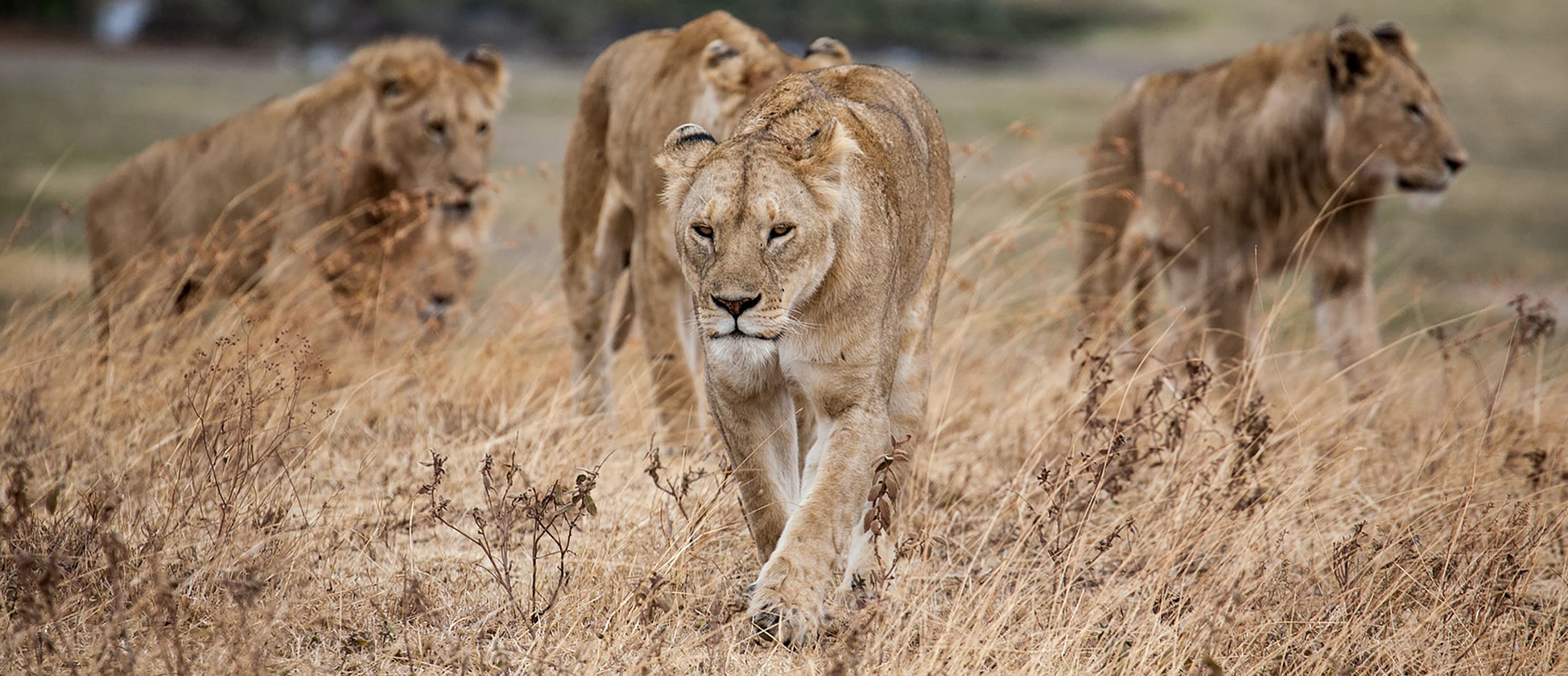As the world reaches the midway point of the 2030 Agenda for Sustainable Development, it is increasingly evident that we are far from achieving its goals. In an unedited advanced version of his progress report on the Sustainable Development Goals (SDGs), the Secretary-General of the United Nations has concluded that many of the SDGs are severely off track. This is not surprising.
To achieve the Agenda’s objectives, we must transform our production and consumption systems, which currently neglect the welfare of humans, animals, and the environment. Unless we transform these into systems that respect the lives of all beings, we’ll continue to miss the mark on the Agenda.
The industrial exploitation of animals for food and other industries, for example, significantly contributes to climate change (SDG 13), drives biodiversity loss (SDG 14 & 15) and is the primary source of air, soil, and water pollution in many regions (SDG 6). These activities also trigger health crises (SDG 3), food insecurity (SDG 2), and deteriorating livelihoods (SDG 1). However, by raising animal welfare standards, we can create numerous opportunities to accelerate progress towards these same SDGs, as we showcased in our recent report, “Unveiling the Nexus: The Interdependence of Animal Welfare, Environment & Sustainable Development”.
Improving animal welfare and reducing the production and consumption of unsustainable animal products are in fact two levers for sustainable development. This is the message we have conveyed to the High-Level Political Forum (HLPF) on Sustainable Development in our consultative status role with the Economic and Social Council of the United Nations (ECOSOC). In line with this year’s HLPF theme “Accelerating the recovery from COVID-19 and the full implementation of the 2030 Agenda for Sustainable Development at all levels”, we emphasised the centrality of animal welfare in the much-needed overhaul of our food systems. This includes reducing global consumption of animal-source foods, particularly in countries with high per capita consumption while promoting sustainable crop agriculture and innovative technologies such as plant-based alternatives, precision fermentation, and cellular meat. This, we stated, is essential to tackle the triple planetary crisis and an investment in future health.
Giving animals a voice in the SDG Summit
Following this year’s HLPF meeting in July, heads of state and governments will be convened by the UN General Assembly at the four-yearly SDG Summit in September, where they will issue a ‘Political Declaration’. As members of the NGO Major Group & Other Stakeholders, we have been able to comment on the draft elements paper shared by the Co-Facilitators of the consultations on the Declaration. We highlighted the need for a One Health approach and the impact of and need to change current systems to prioritise and support the well-being of humans, animals, and nature. In its contribution to the HLPF, the UN Environment Assembly (UNEA) also emphasised the importance of the One Health Approach as a crucial action to support COVID-19 recovery and advance the SDGs. It noted that by optimising the health of people, animals, and the environment, this approach can help prevent, detect, prepare for, and respond to crises while also promoting sustainability and addressing global health inequities.
The Political Declaration must increase ambition to address our interlinked environmental challenges. Without concrete action to transform our relationship with animals and nature, we face ongoing risks of future zoonotic disease outbreaks and their impact on achieving the SDGs. The SDG Summit has the obligation to advance solutions to environmental challenges, as economic and social progress cannot be achieved if our foundation is a severely degraded environment. Animals and their welfare are an undeniable part of the environment.
Together with our members, we will be present during the HLPF sessions in New York and continue to engage with Member States on the numerous opportunities animal welfare creates for Agenda 2030. It has never been as urgent as today to turn the page on the failed relationship between humans, animals, and nature towards a more sustainable and inclusive future.
Photo by Cosmic Timetraveler on Unsplash





